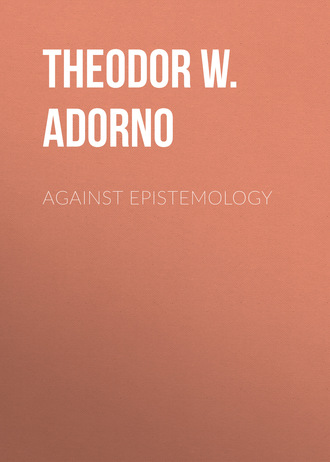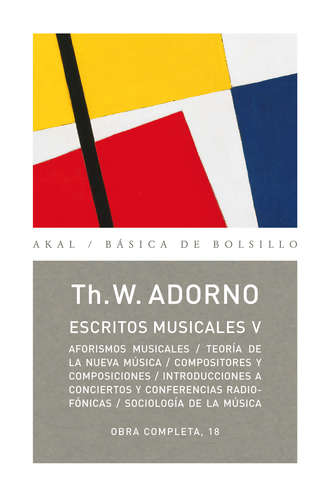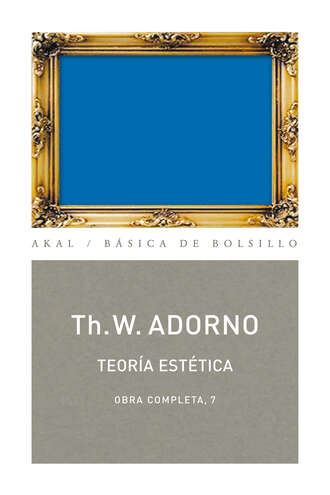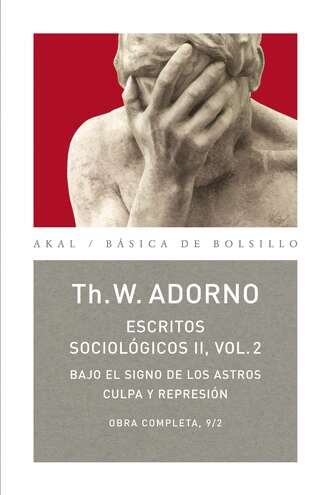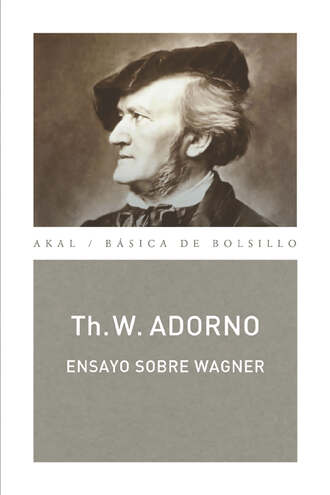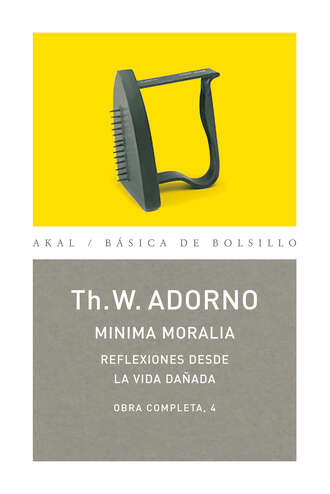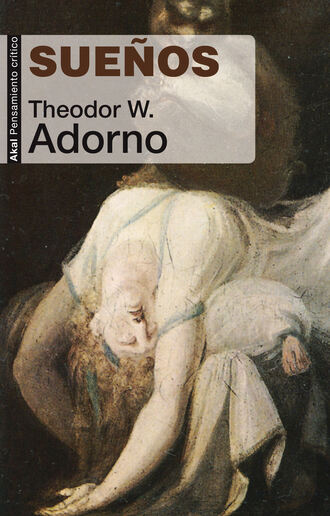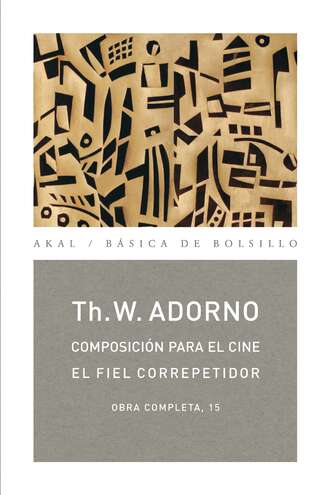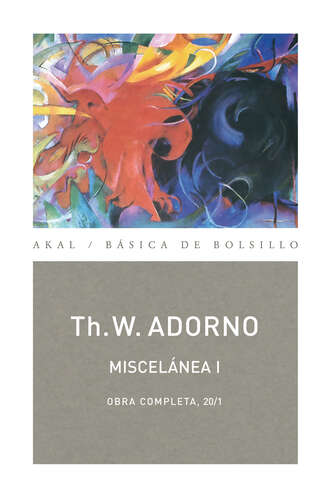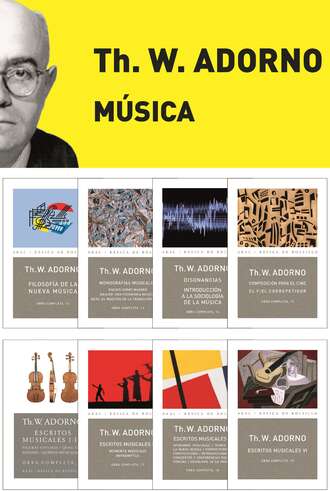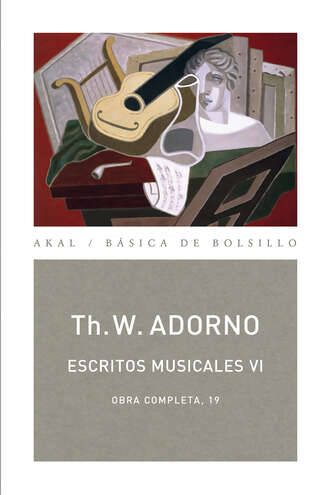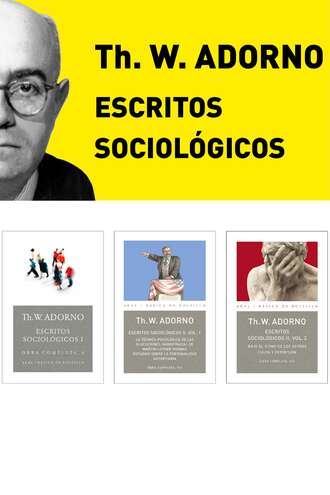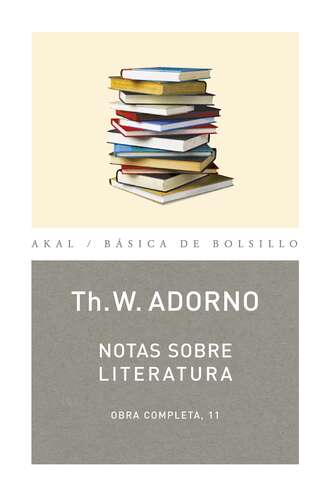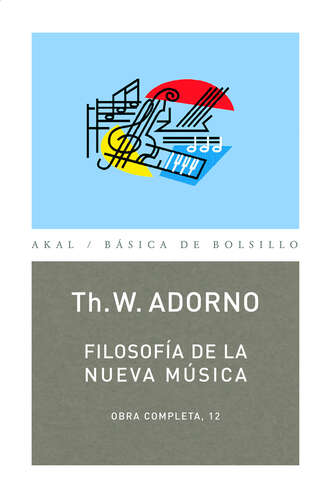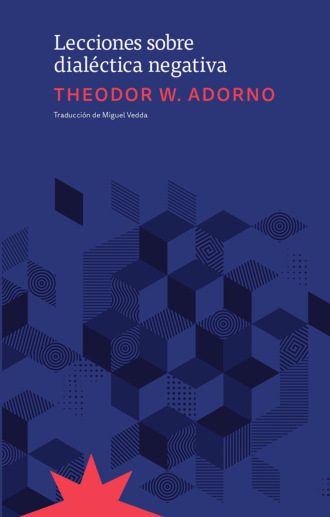Автор: Theodor W. Adorno
Against Epistemology
Theodor W. Adorno
This classic book by Theodor W. Adorno anticipates many of the themes that have since become common in contemporary philosophy: the critique of foundationalism, the illusions of idealism and the end of epistemology. It also foreshadows many of...
Philosophical Elements of a Theory of Society
Theodor W. Adorno
As an exile in America during the War, Theodor Adorno grew acquainted with the fundamentals of empirical social research, something which would shape the work he undertook in the early 1950s as co-director of the Frankfurt Institute for Social...
Sobre la teor?a de la historia y de la libertad
Theodor W. Adorno
Durante la redacci?n de la Dial?ctica negativa, su gran obra te?rica, Adorno dedic? buena parte de su tarea docente a discutir las problem?ticas del libro cuya elaboraci?n le tom? siete a?os. Estas clases son el reflejo de un profundo di?logo...
Correspondence
Theodor W. Adorno
Theodor W. Adorno and Siegfried Kracauer were two of the most influential philosophers and cultural critics of the 20th century. While Adorno became the leading intellectual figure of the Frankfurt School, Kracauer’s writings on film,...
Lecciones sobre dial?ctica negativa
Theodor W. Adorno
La filosof?a, seg?n declara el inicio de Dial?ctica negativa, sigue en vida porque se perdi? el instante de su realizaci?n. Deb?a dejar de interpretar el mundo y pasar a cambiarlo, y no lo logr?. Esto abre al menos dos preguntas, que rondar?n...
The New Music
Theodor W. Adorno
A year after the end of the Second World War, the first International Summer Course for New Music took place in the Kranichstein Hunting Lodge, near the city of Darmstadt in Germany. The course, commonly referred to later as the Darmstadt...
Philosophy and Sociology: 1960
Theodor W. Adorno
In summer 1960, Adorno gave the first of a series of lectures devoted to the relation between sociology and philosophy. One of his central concerns was to dispel the notion, erroneous in his view, that these were two incompatible disciplines,...
